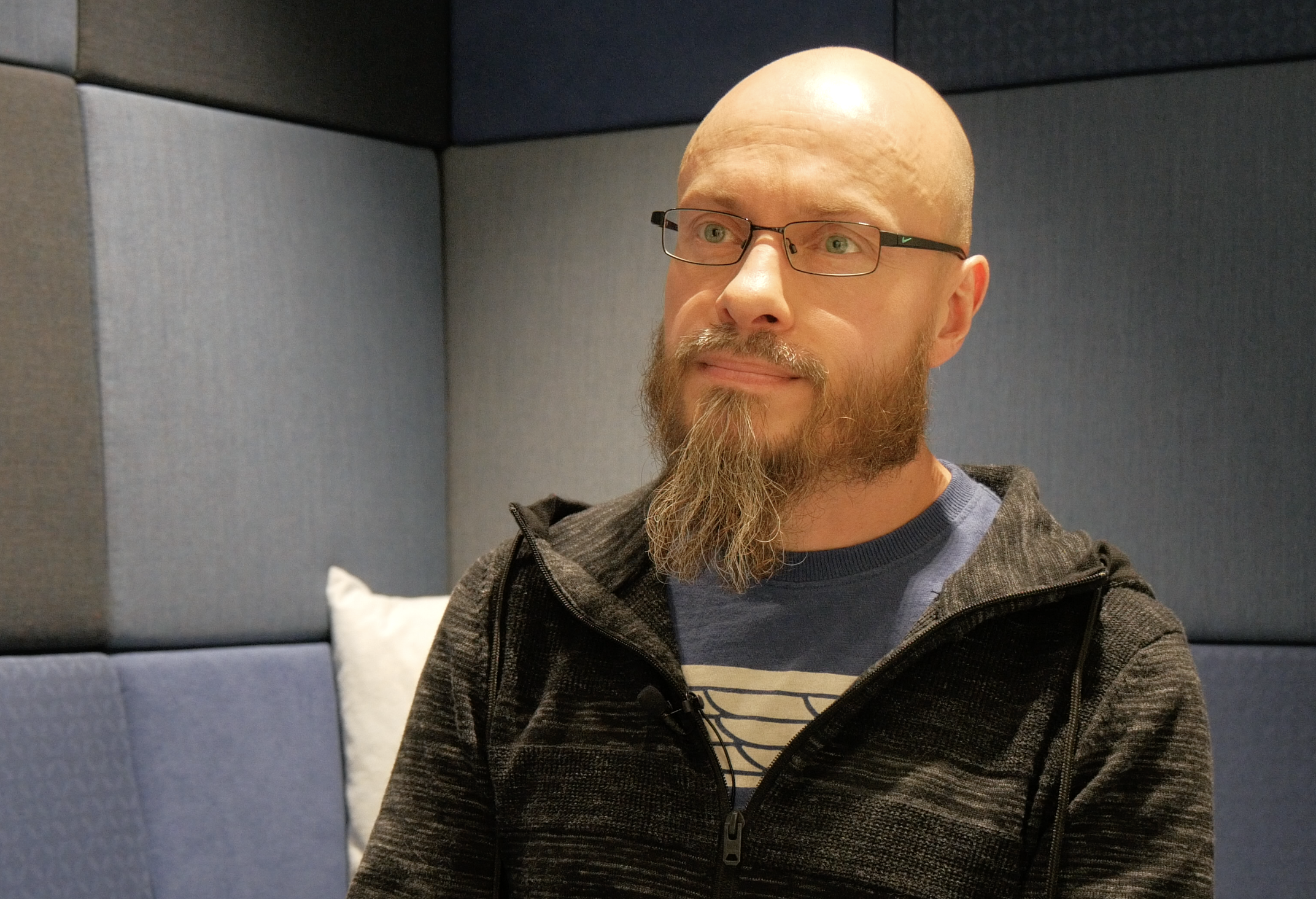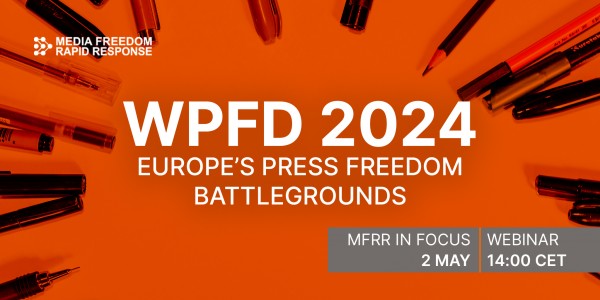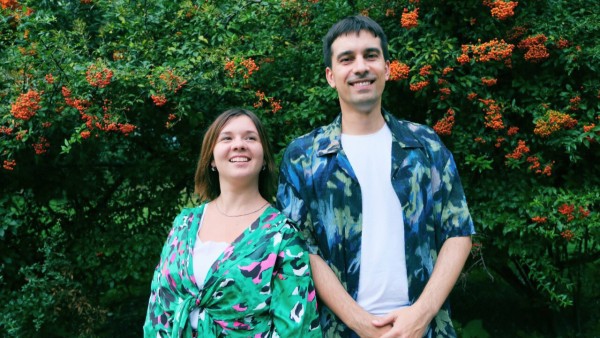Struck by his own experience in dealing face-to-face with his own harasser, Sami Koivisto, head of audience dialogue at the Finnish public broadcaster Yle, used this ordeal in developing a company guide on how to address online abuse on social media.
In a detailed and intense article, Koivisto recounted his personal experience of the mediation process that brought him and the man who threatened him and his family on social media to the same table.
In a recent interview, IPI talked to Koivisto about the lessons learned of what he termed in the article as the “most difficult writing process I have ever experienced” and the policy changes on combating online abuse that emerged from it.
What aspects of this particular incident inspired you to develop new guidelines for Yle to address online harassment?
This particular incident was just one of many that our journalists have experienced in relation to online abuse, so the inspiration was not solely from this case, but certainly this incident inspired us to work on the guidelines even more. Today, all journalists need to work online and a growing number of us need to work via social platforms, so questions like these are really questions of basic safety at work.
There is absolutely no need to be ashamed of situations like these in any way. Talking about these issues makes all the difference.
Can you describe the essence of these new mechanisms?
We aim to inform our journalists as practically as possible. Thus, we wanted to gather together all basic information on what to do and what kind of help you can get if you are being harassed online or worried that it might happen to you. We also wanted to clarify the responsibilities of bosses and also their superiors in order to make it clear whom you should contact if you think you’ve been harassed. We wanted to encourage our journalists to do that easily – there is absolutely no need to be ashamed of situations like these in any way.
We worked a lot also on trying to make it easier to take that step of sharing your experiences of online harassment, because talking about these issues makes all the difference. Hopefully our journalists would also understand even more thoroughly than they already do that the effects of being harassed are not necessarily being limited to the actual moment when you encounter the harassment – they might appear later on, and help is available at Yle also then.
I wish our politicians, our social leaders, our medias and everyone else, for that matter, would stop and ask themselves this: What could we do in order to prevent hateful speech?
In the article, you stress the importance of the role of politics in moderating the level of abuse online in Finland. Do you think fueling hateful messages provides some sort political benefit?
When it comes to the incident that I shared in my story, I think the central question that my mediation partner was actually asking throughout the process is “Who benefits the most from hateful speech?”. I’ve been asking this question ever since.
I don’t think that the problems of hateful speech can be solved by politicians and social leaders alone, but they do play a key role when it comes to answering the question that I just posed. At the moment Finnish politicians seem to basically argue about how badly you should be allowed, in legal terms, to insult other people online. I don’t think it’s cool to be mean online. I wish our politicians, our social leaders, our medias and everyone else, for that matter, would stop and ask themselves this: What could we do in order to prevent hateful speech? How could we help people to have a real dialogue?
What is the use of having good, thorough legislation if the police and the justice system do not actually do their jobs and put the laws into use?
You also talk about enforcing existing laws to protect press freedom and freedom of speech. Can you elaborate on this?
Nobody wants to limit freedom of speech. On the contrary, we need to protect it from abuse. I think we should update certain Finnish laws so that, for example, recognizing certain phenomena, such as targeted hate online, could become a little bit easier when you need to investigate these issues in court. What we need, in my opinion, is a little more detailed, a little more updated legislation that recognizes phenomena specific to online harassment and abuse.
However, you still need to remember this: What is the use of having good, thorough legislation if the police and the justice system do not actually do their jobs and put the laws into use? In my experience, if you go to the police or the justice system with a case of online abuse, you just don’t know what is going to happen, because there still is so much variety in how these things are being dealt with. I believe we need a lot more research into the phenomenon of online harassment and we need to educate professionals about these issues a lot more.
Nothing is as important today as taking time for really listening to one another.
What are the main lessons that you have learnt from all this, personally and professionally?
The main lesson of it all to me, both professionally and personally, is that nothing will never beat the power of forgiveness and a real human encounter face-to-face. It is always worth it to try to find the common human things, the things we as human beings share with each other, no matter what. Nothing is as important today as taking time for really listening to one another. That opens the doors to real dialogue, which opens the door to a happier future.
Since 2014, the International Press Institute (IPI) has been systematically researching online harassment as a new form of silencing critical, independent media. Our work has unveiled patterns of online attacks, analysed the emotional and professional impact on journalists, and collected best practices for newsrooms to address the phenomenon.



